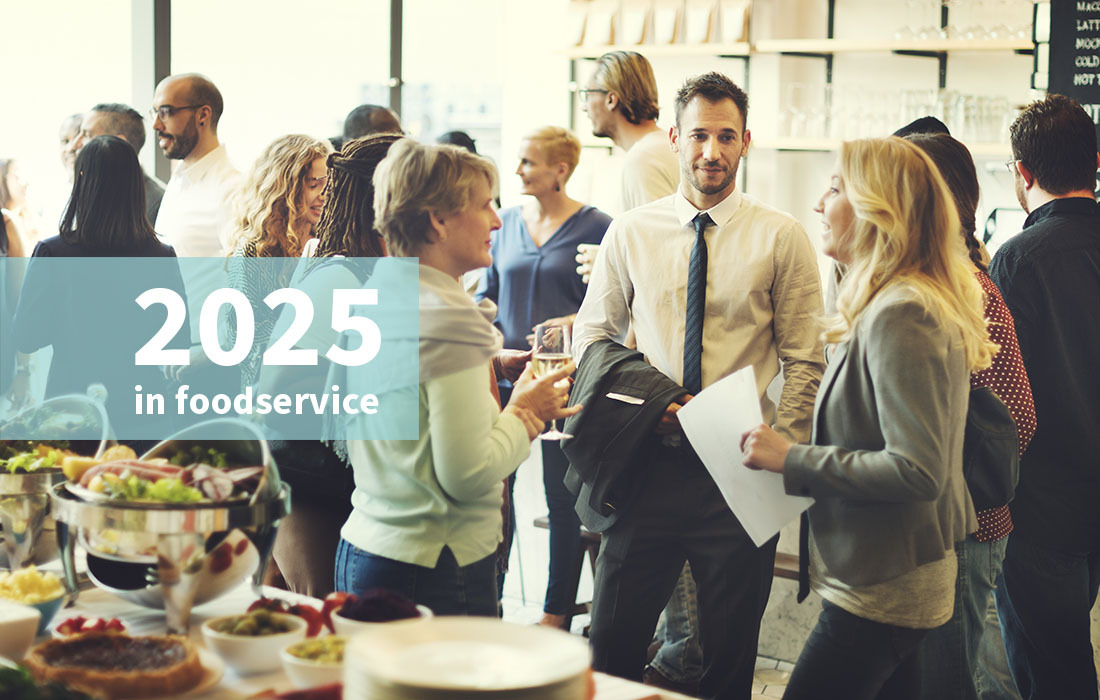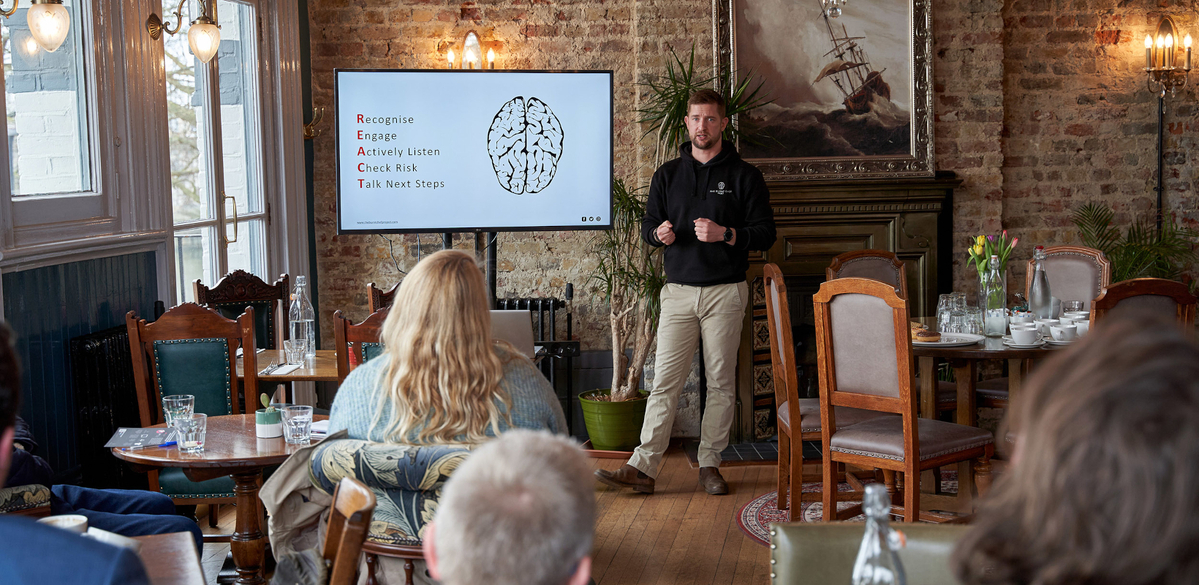Saving an industry on the brink of mental health collapse
22 Mar 2022by Naomi Ackerman
New figures have highlighted the extent to which British hospitality workers’ mental health had declined, even pre-Covid. Here are the effects of a toxic workplace on its staff
You need to be a premium member to view this. Join our community for just £4.99 per month, or £54.99 for a full year.
Already a subscriber to The Caterer? Login below:


















